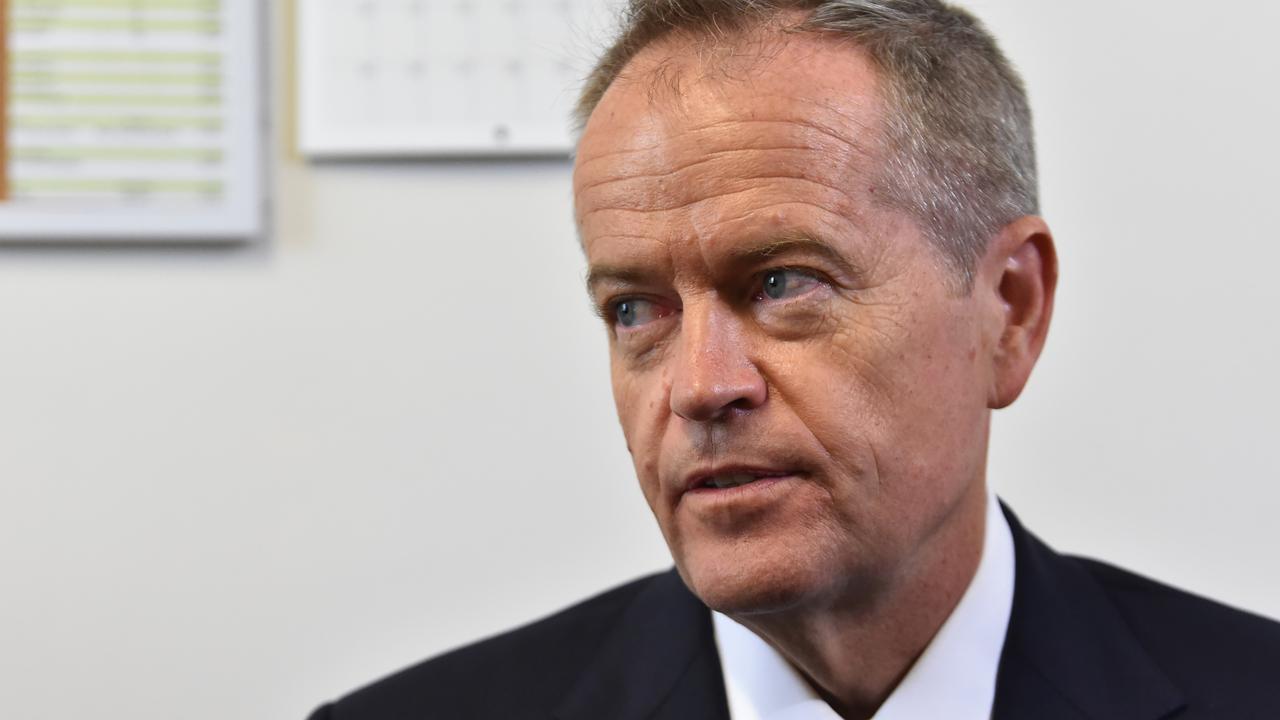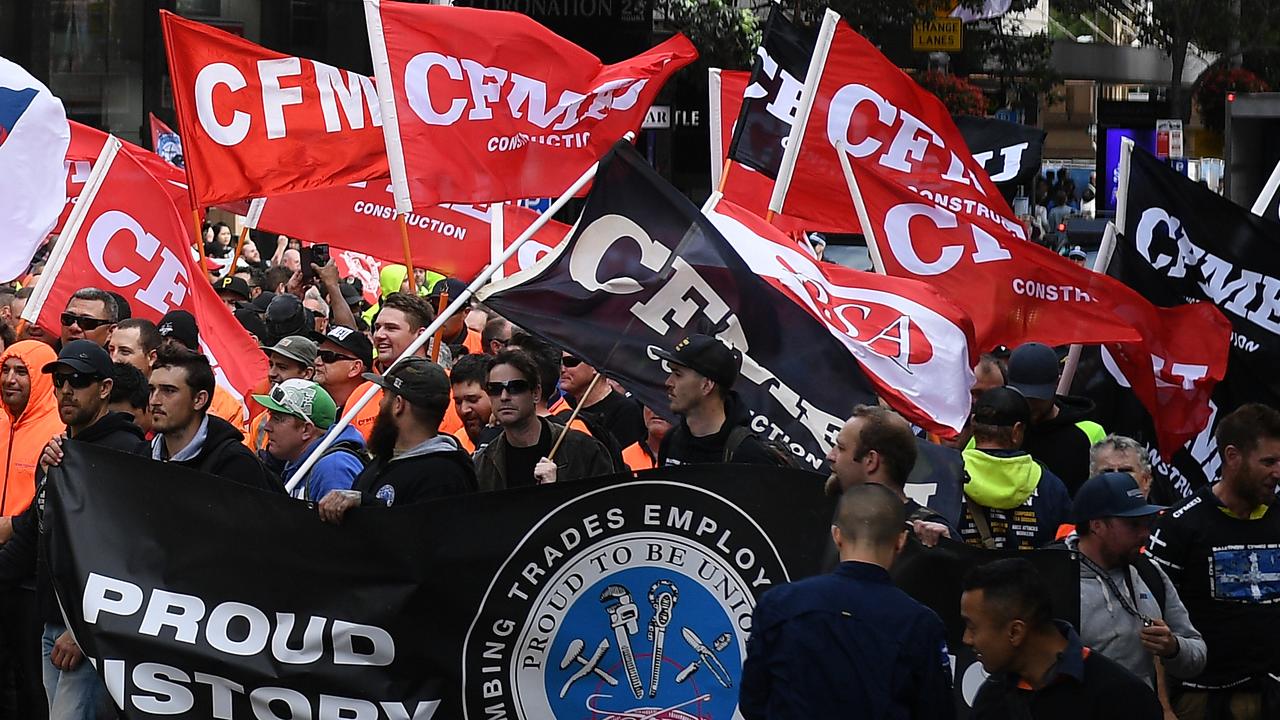Meet Bill Shorten’s Mr Fix-it
Leon Zwier’s ego is legendary, but so is his ability to fight to the death for some of the nation’s most powerful.

Leon Zwier, the man known in corporate Australia as “Mr Fix-it’’, celebrated his 60th birthday in July with a roast organised by his children.
The venue was the Newmarket Hotel in beachside St Kilda, a venue once known as “Schnitzel n Tits”, and one of the star guests was Mr Zwier’s good friend Bill Shorten.
After former prime minister Tony Abbott provided his roast via a prerecorded video, Mr Shorten took to the stage and let loose.
He remarked at Mr Zwier’s penchant to be constantly checking his phone at all hours of the day, just to check how many mentions he had received on Google.
Mr Zwier’s ego is legendary, but so is his ability to fight to the death for some of the most powerful people in the land.
Think Richard Pratt, Steve Vizard, Peter Scanlan, Bruno and Rino Grollo, Trevor Kennedy and Ray Williams. And, of course, Mr Shorten himself.
One of the most senior partners at Melbourne law firm Arnold Bloch Leibler, Mr Zwier represented Mr Shorten pro bono in the 2015 trade union royal commission and was in the Sydney offices of the AWU on Tuesday when the Australian Federal Police raided.
Mobile app users click here for best data experience
Mr Shorten updated his parliamentary register of interests last month to show that — in addition to a range of hotel accommodation upgrades and complimentary tickets to the AWU’s annual ball — he was receiving pro bono legal advice from Mr Zwier’s law firm Arnold Bloch Leibler.
Mr Shorten has known Mr Zwier at least through the collapse of Ansett in 2001 when Mr Zwier was brought on as an adviser to unions and entrenched workers. They have been friends since.
Mr Shorten’s declaration of interests also included another name: R. A. Finklestein OA, QC. Ray Finklestein is a barrister and former Federal Court judge.
This week’s raids on the AWU offices have also brought another Labor legal big gun into the fray.
Maurice Blackburn, the law firm where Mr Shorten worked briefly before his union career, is representing the AWU in its action against the Registered Organisations Commission.
The Labor-friendly firm offered free legal advice to underpaid 7-Eleven workers in 2015 and will now fight the commission for the AWU in the Federal Court.
Maurice Blackburn principal Josh Bornstein said the raids were an “outrageous abuse of power, and the union would today be seeking a court remedy to ensure a proper and fair process was undertaken”.
“There were plenty of options open to the Registered Organisations Commission to seek access to these materials without having to deploy 32 AFP officers, including writing to the union or issuing a summons compelling production,” Mr Bornstein said.
Maurice Blackburn was called in by Daniel Walton, the AWU national secretary who has held the job since last year.
Mr Walton did not start working for the AWU until 2008 but yesterday strenuously defended donations to GetUp! during Mr Shorten’s time at the helm of the AWU as being appropriately approved.
Other high-profile people in the saga include Bill Ludwig, the former AWU national president and a mentor to Mr Shorten.

Mr Ludwig, now retired, presented a report to a November 2006 AWU national executive meeting on requests from ALP candidates for “assistance’’ in the 2007 federal election campaign. The executive voted to put the request in the hands of Mr Shorten, who was a candidate and was elected in 2007.
Mr Zwier’s involvement in the latest ruckus confronting the AWU and Mr Shorten comes after he has been in the middle of some of the biggest battles in corporate Australia in recent times, including the collapse and subsequent rescues of Channel 10, steelmaker Arrium and the demise of legal firm Slater & Gordon.
Mr Zwier was also involved in Solomon Lew and Lindsay Fox’s failed bid to rescue Ansett, the hardware wars between Woolworths and Lowe’s and the ugly boardroom coup at fallen sharemarket darling Bellamy’s.
Mr Zwier said earlier this year that he made no apologies for defending the rich and powerful.
“People in business are often focused upon business outcomes and the lines between right and wrong on complex transactions get blurred,’’ he said.
“Most of those cases concern a person allegedly having stepped near to or on the wrong side of that line.
“But I tell you this: the one thing I know is that most of those people caught up in these imbroglios will never, ever go near that line again having realised they have come near to crossing or have crossed it.’’


